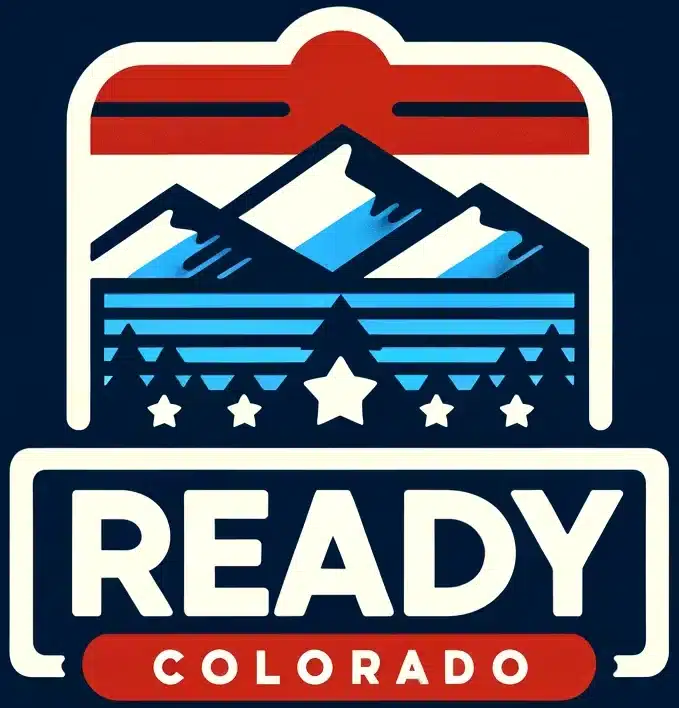Flagler, a small town in Kit Carson County, Colorado, was officially incorporated in 1909. With a population of just over 500 residents, Flagler serves as a hub for the surrounding agricultural community.
In This Article
TL;DR
- Flagler was founded in the early 1900s and officially incorporated in 1909
- The town has played a significant role in the agricultural history of eastern Colorado
- Today, Flagler continues to serve as a center for the local farming and ranching community
Early History of Flagler
The town of Flagler, Colorado, was named after Henry Flagler, a prominent railroad developer who played a key role in the town’s early growth. The arrival of the railroad in the early 1900s brought an influx of settlers to the area, many of whom were drawn by the promise of affordable land and agricultural opportunities.
Significant Historical Events
Throughout its history, Flagler has been shaped by the ups and downs of the agricultural industry. The Dust Bowl of the 1930s hit the town particularly hard, as drought and soil erosion devastated local farms and ranches. However, the community persevered, and agriculture remains a key driver of the local economy to this day.
Educational Institutions and Learning Opportunities
Education has long been a priority in Flagler, with the first school established shortly after the town’s founding. Today, the Flagler School District serves students from pre-kindergarten through 12th grade, providing a quality education to local youth.
Economic Evolution and Current Industries
While agriculture remains the backbone of Flagler’s economy, the town has diversified in recent years. Small businesses, such as restaurants, shops, and service providers, have sprung up to meet the needs of the community and visitors alike.
Cultural and Community Life
Flagler may be small, but it has a vibrant community spirit. Annual events like the Flagler Fair and the Fourth of July celebration bring residents together to celebrate their shared heritage and values. The town’s parks and recreational facilities provide opportunities for outdoor activities and community gatherings.
Infrastructure and Modern Development
Despite its rural location, Flagler has worked to maintain and upgrade its infrastructure to meet the needs of residents and businesses. Recent projects have included improvements to local roads, water systems, and telecommunications networks.
Challenges and Opportunities
Like many small towns, Flagler faces challenges related to economic development, population retention, and access to resources. However, the community’s strong sense of identity and commitment to its future provide a solid foundation for growth and resilience.
FAQ
What is the historical significance of Flagler in Colorado’s development?
Flagler played a key role in the agricultural development of eastern Colorado, serving as a hub for local farmers and ranchers.
How has the educational system in Flagler evolved over the years?
Education has been a priority in Flagler since its early days, with schools expanding and adapting to meet the changing needs of students and the community.
What are Flagler’s main economic activities today?
Agriculture remains a key driver of Flagler’s economy, but the town has also seen growth in small businesses and service industries.
What community events are unique to Flagler?
Annual events like the Flagler Fair and the Fourth of July celebration showcase the town’s strong sense of community and shared values.
What future developments are planned for Flagler?
Flagler is focused on maintaining and upgrading its infrastructure to support the needs of residents and businesses, while also exploring opportunities for economic growth and diversification.






